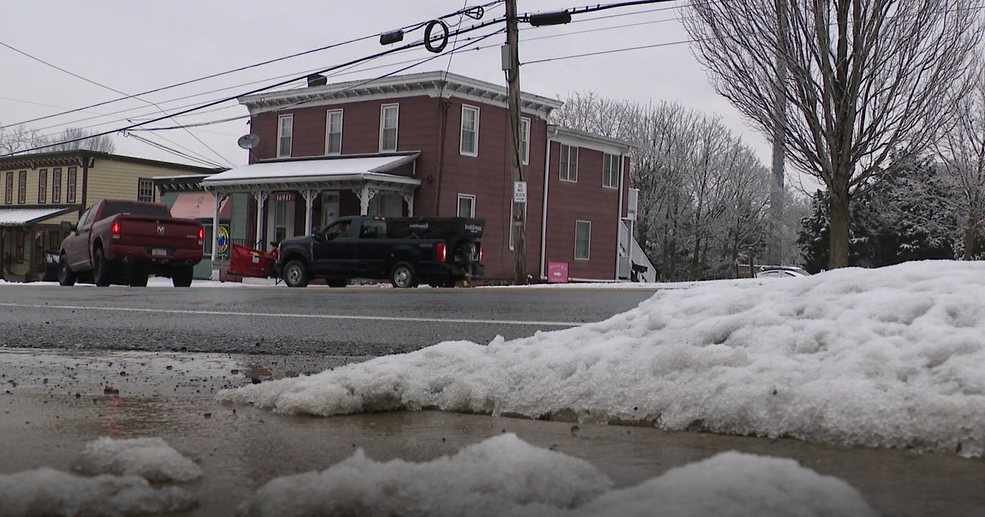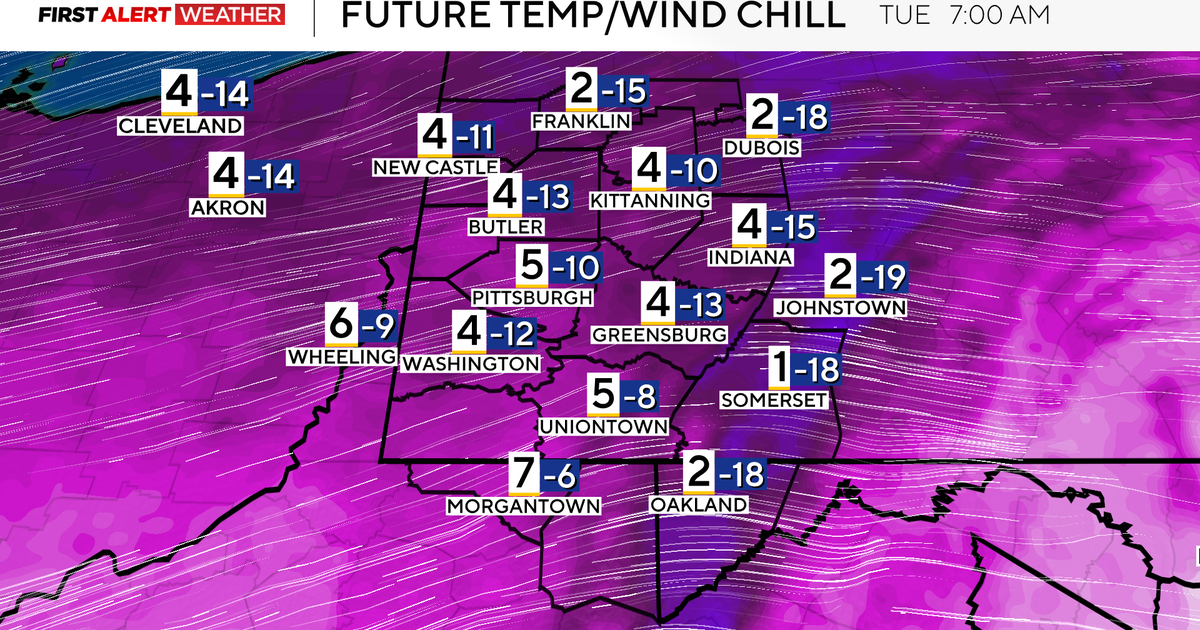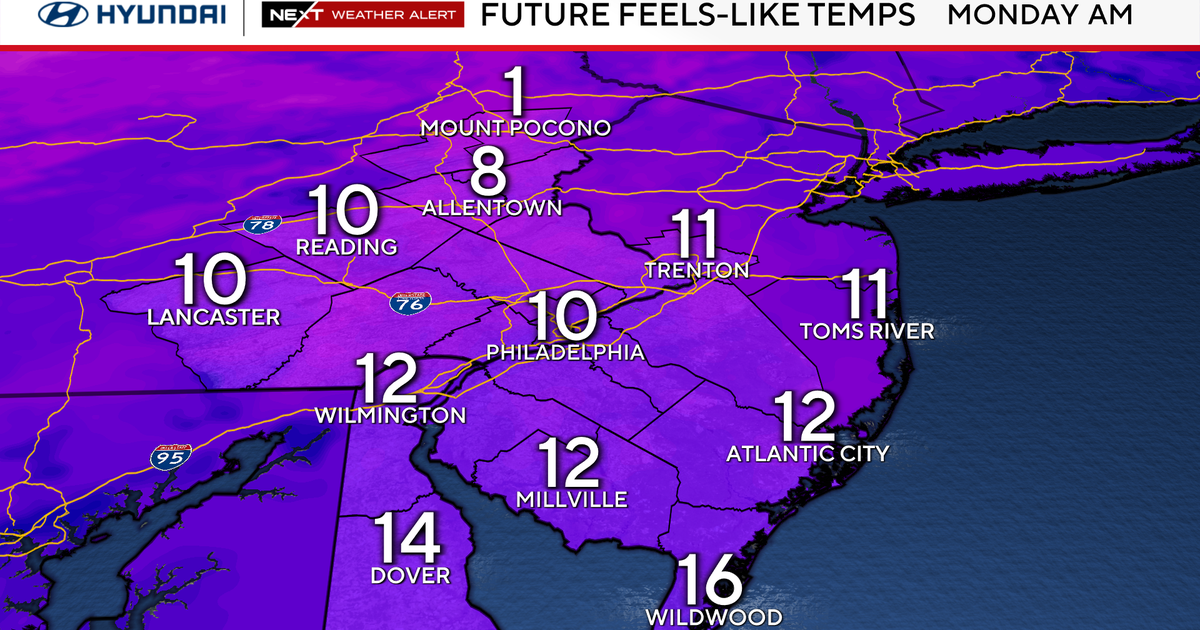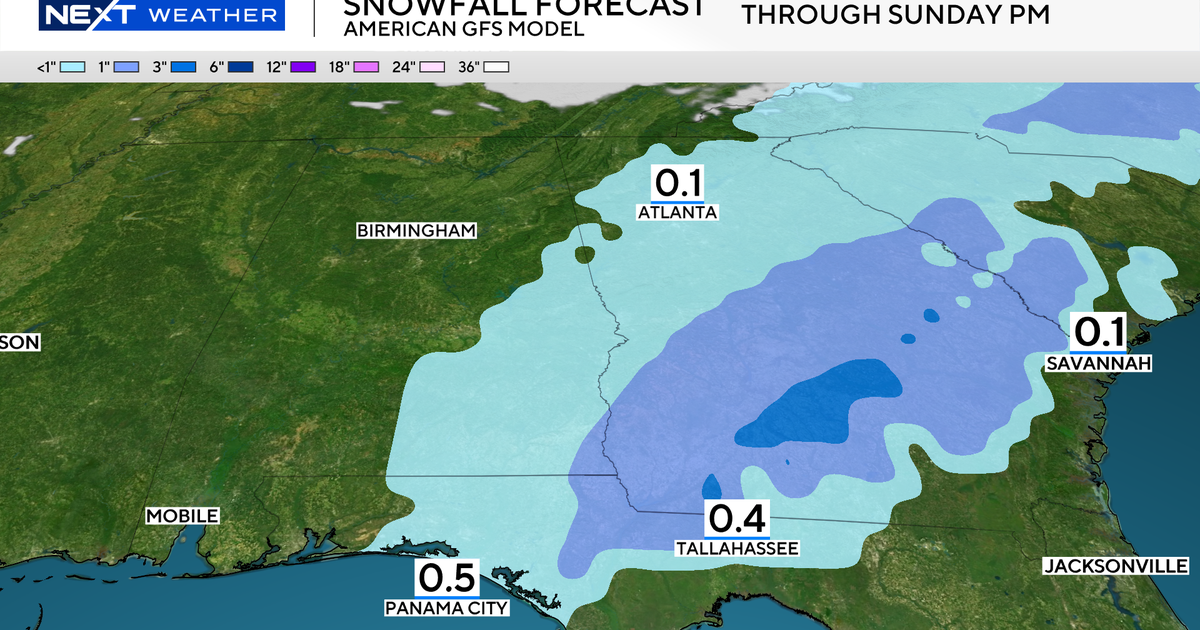Inside Dearborn Public Works' winter wonders keeping the city running
DEARBORN, Mich. (CBS DETROIT) - From fixing your frozen pipes and maintaining city trucks every night to plowing the roads and keeping sewer drains running when it's cold, Dearborn Public Works director Tim Hawkins says his team is always prepared for the sun or snow.
"We are prepped and ready to go," Hawkins says.
However, while most this week are being told to stay in and stay warm, being outside eight hours at a time is the norm for the crew at DPW.
"I mean they are out in the cold. They are working when everyone else is staying inside," Hawkins says.
For most of the day Wednesday, crews were out prepping ahead of a snowstorm expected to generate anywhere between 3-6 inches of snow between Thursday and Friday. Attaching plows, filling them with salt, and pre-icing the roads are just some of the tasks on the agenda.
They're out in the cold, not just recovering from one storm, but now preparing for another.
"We have our trucks getting plows mounted on them. In the back of our yard, we are loading trucks with salt. They are pre-salting right now," Hawkins says.
According to DPW, the City of Dearborn receives an estimated 7,000 tons of salt per year around with the majority of that load delivered right before the winter.
And while getting the roads plowed in a timely fashion is a priority, Hawkins says it is not the only item on their list.
"That is one of the biggest misconceptions about what we do. We do a lot of things people don't know about on a daily basis. In the last snowstorm, everybody just sees the removal of snow and ice, but there was a lot of storm damage during that storm. We were removing trees off cars, out of roadways, clearing electrical lines after DTE made them safe," Hawkins says.
And no matter how much snow or how cold it may be, Hawkins says he hopes all remember the hard work the men and women of the Dearborn Public Works team put in to keep this city safe.
"Really what it takes an operation like this is good employees with heart. They are really the lifeblood that keeps the city moving in a storm event," Hawkins says.







